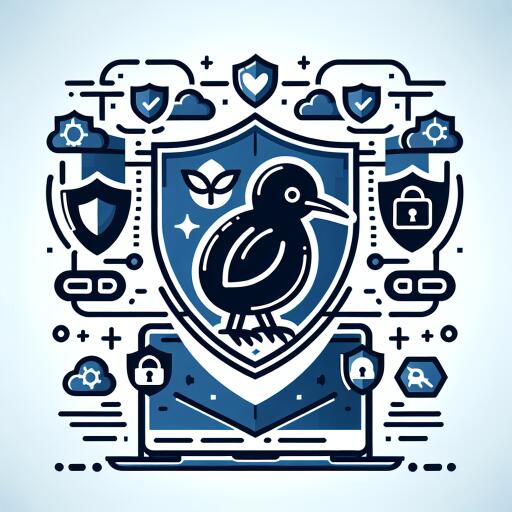Spark to introduce more protections, barriers to protect Kiwis online
In an industry-leading move, New Zealand’s telecommunications powerhouse, Spark, has announced a significant step forward in its ongoing efforts to safeguard its users against a multitude of online threats. As digital spaces become increasingly fraught with hazards ranging from malware and phishing scams to more distressing material, the necessity of robust online protection has never been more evident. Spark’s latest initiative marks a pivotal moment in the fight against these digital dangers, aiming to create a safer online environment for all Kiwis.
Starting April, Spark is pioneering a major advancement by becoming the first telecommunications provider in New Zealand to partner with the Internet Watch Foundation (IWF). This collaboration is not just a nominal gesture towards online safety. Instead, it represents a massive scale-up in protective measures designed to shield users from a wide array of harmful content. Where once the company managed to block access to a few hundred questionable URLs, this strategy enhancement is set to barricade at least 6,000 harmful links each day.
This leap in protective measures is a testament to the evolving nature of online threats and the need for more sophisticated defenses. The IWF partnership enables Spark to draw upon an extensive database of identified harmful web content, significantly expanding the scope of material it can preemptively block. This is a proactive approach to internet safety, aiming to prevent users from inadvertently stumbling upon or becoming victims of malicious content.
Jo Robertson, co-founder of Make Sense, commented on Spark’s initiative, highlighting the importance of such measures in today’s digital age. The rampant spread of malicious online content poses a significant risk to internet users, making it crucial for service providers to implement comprehensive safeguards. Spark’s decision to employ an aggressive filtering approach reflects a growing industry consensus that protecting users requires more than just basic precautions. By blocking a substantial number of harmful links, Spark is setting a precedent for other providers to follow, illustrating a firm commitment to online safety.
The significance of this initiative cannot be overstated. While the internet offers an endless array of resources, entertainment, and platforms for expression, it is also fraught with risks that can profoundly impact users’ lives. Spark’s enhanced protections offer a beacon of hope, suggesting that safer digital experiences are possible with the right measures in place. This move is a clear indication of the company’s dedication not only to its users’ online security but also to their overall well-being.
As this pioneering approach rolls out, it will be interesting to monitor its impact on the digital landscape in New Zealand. Other providers may well take note and adopt similar strategies, leading to a more comprehensive network of protection for internet users across the nation. In a world where online threats are ever-present and constantly evolving, initiatives like Spark’s are indispensable. They not only protect individuals from harm but also cultivate a healthier, more secure online community for everyone.
In conclusion, Spark’s partnership with the IWF and the subsequent ramp-up of its online protection measures mark a significant milestone in the quest for a safer internet. By substantially increasing the number of harmful links it blocks daily, Spark is leading by example, showing that with determination and the right partnerships, it is possible to make the internet a safer place for us all. This initiative is a call to action for other providers, a reminder of the critical role they play in safeguarding the digital wellbeing of their users.










